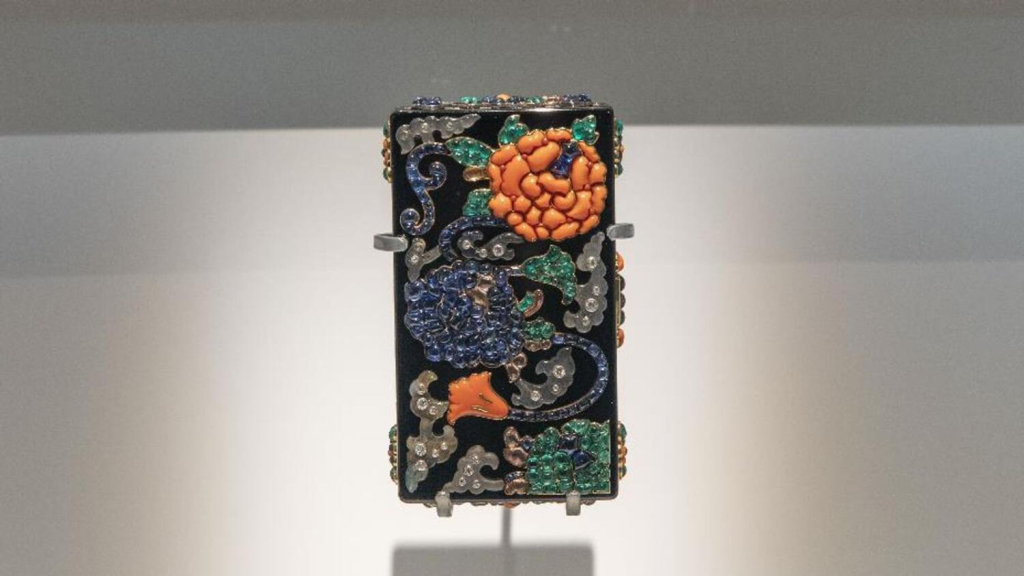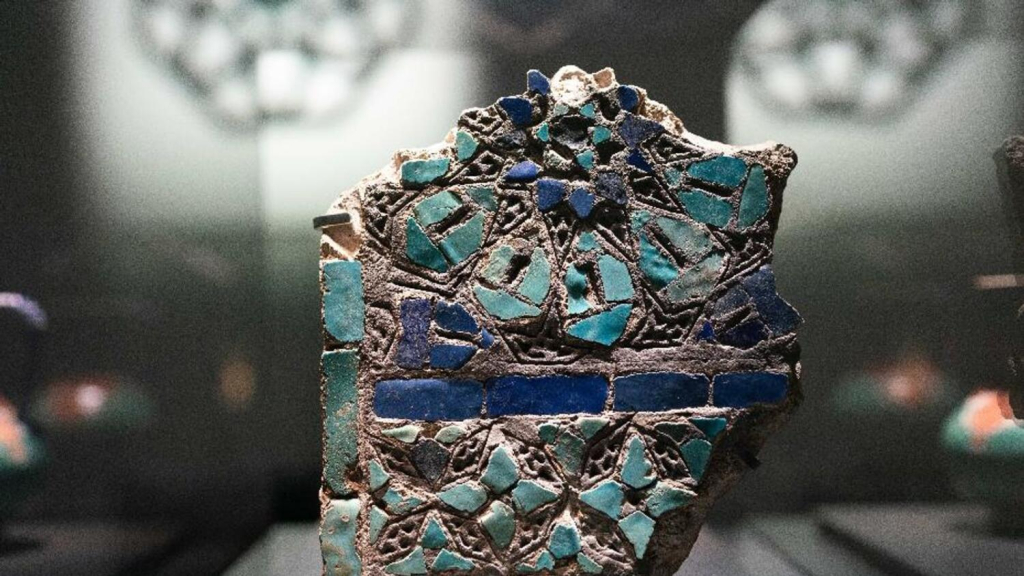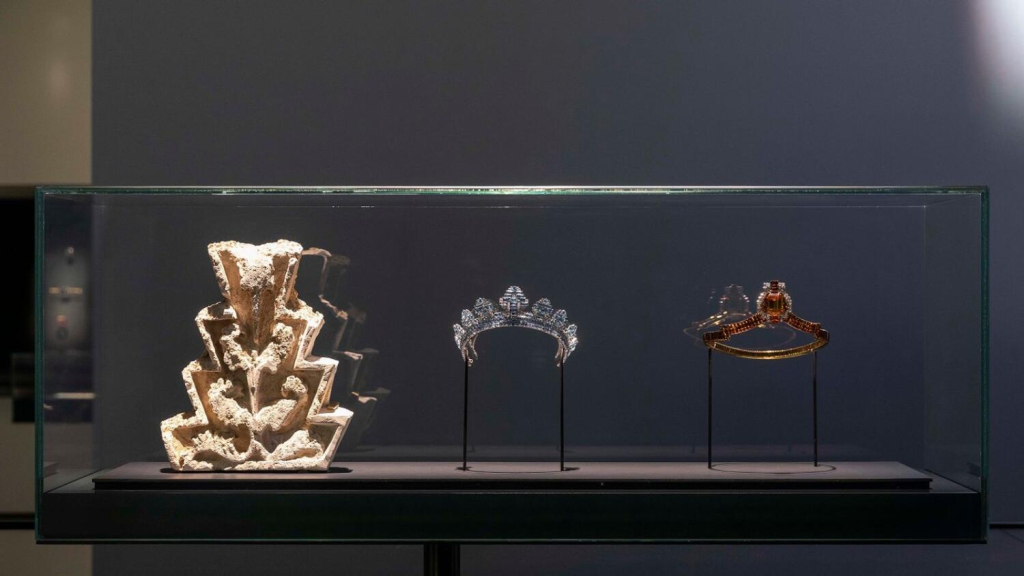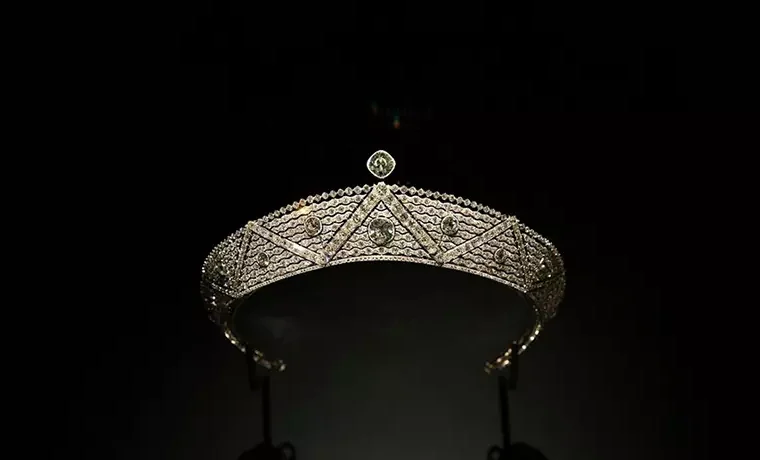A new exhibition entitled “Cartier: Islamic Inspiration and Contemporary Design”, organised by the Louvre Abu Dhabi, sheds light on the history of the French brand’s significant cross-cultural influences. The exhibition opened its doors on 16 November, and will run until 24 March 2024.
Since the early 20th century, Islamic art and architecture have had a profound influence on Cartier’s iconic collections.

“This exhibition is the result of almost five years of research into archives, drawings and photographs to reveal the links between Cartier masterpieces and Islamic art,” said exhibition curators Judith Hénon-Rainault and Evelyne Posseme.
The exciting exhibition brings together more than 400 works from the Louvre Abu Dhabi, partner museums, the Cartier Collection and private collections to explore more than a century of aesthetic influence from Islamic culture.
On display are a carved wooden ivory panel with scrolls, a glass vessel in the shape of a mosque lamp, the binding and title page of Omar Khayyam’s Rubaiyat, a fragment of a geometric mosaic panel, and a pen box believed to have belonged to Mirza Mohammed Munshi.

The Cartier collection will provide special pieces, including a cigarette case, a dressing table with decoration based on Iznik ceramics, a Hindu necklace and a tiara.
In addition, the temporary exhibition is a digital space that showcases the artistic interpretation of the assembly of Cartier’s major pieces and their sources of inspiration. Two rooms immerse visitors in animated patterns and offer an immersive visual experience. On the façade of the museum, projections of artworks and photographs will take visitors on Jacques Cartier’s journey – from Marseille to Agra, from Bombay to Muscat, from Dubai to Muharraq.
Alongside the exhibition, a varied cultural and educational programme will include a workshop with the exhibition curators, a documentary film screening followed by a community discussion, guided tours, master classes, a family weekend and an activity booklet.

Source: Khaleej Times












